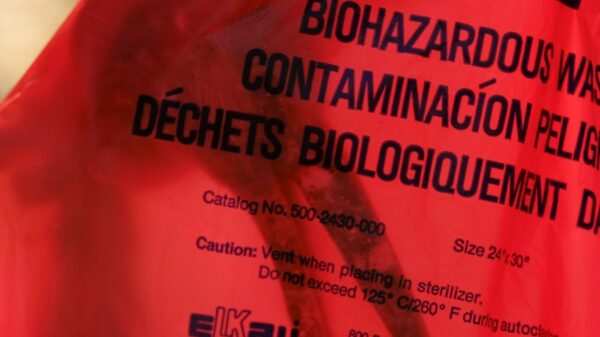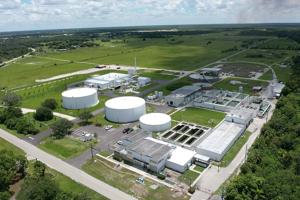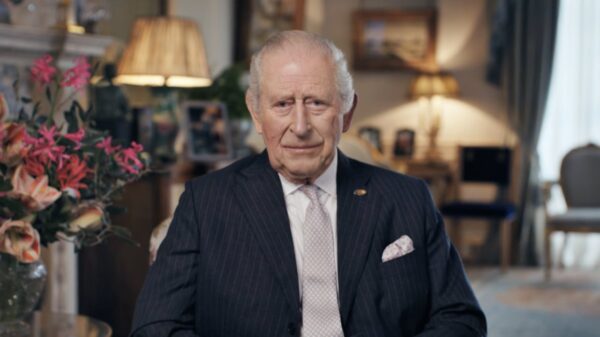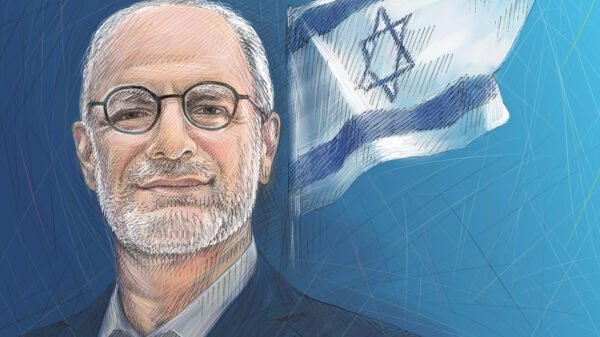Dr. Mike Freelander, an experienced pediatrician and federal MP for the New South Wales seat of Macarthur, has called on Australians to rely on scientific evidence when making decisions regarding medications and autism. With nearly 40 years of experience treating over 200,000 patients, he emphasizes the importance of understanding the complexities of autism and the need to avoid misinformation.
Autism presents a spectrum of symptoms and severity, often leaving parents questioning the causes of their child’s condition. Dr. Freelander notes that while some genetic disorders—such as Angelman syndrome, Smith-Magenis syndrome, and Williams syndrome—can manifest autistic features, the majority of autism diagnoses remain without a clear cause. He highlights that the incidence of autism is rising in developed countries, not solely due to an actual increase in cases but also because of improved diagnostic practices.
In recent discussions, claims linking autism to various factors have surfaced, including discredited theories around the MMR vaccine and, more recently, comments made by former U.S. President Donald Trump regarding the use of paracetamol (also known as acetaminophen, Panadol, or Tylenol) during pregnancy. Dr. Freelander finds these remarks alarming, particularly given the absence of credible evidence supporting a causative relationship between paracetamol use and autism.
“There is no evidence of causation in any study that I have seen,”
said Dr. Freelander. He referred to the findings of significant studies from Sweden and Japan, which have disproven any direct link. He further emphasized that paracetamol is a commonly prescribed medication during pregnancy, classified as safe by health regulators worldwide, including Australia’s Therapeutic Goods Administration (TGA).
The TGA has conducted rigorous assessments of the available scientific evidence, concluding that paracetamol poses minimal risk during pregnancy compared to alternative medications that may present greater dangers to the fetus. Dr. Freelander argues that it is essential to trust regulatory frameworks that prioritize public health based on established scientific data rather than unsubstantiated claims.
Dr. Freelander’s concerns reflect a broader issue in healthcare communication, where misleading statements can create unnecessary anxiety among parents and patients. He stresses the need for clear, evidence-based answers regarding the diagnosis and management of complex neurodevelopmental disorders like autism.
The pediatrician cautions against the potential harmful consequences of misinformation, which can lead to inappropriate health outcomes. He urges the public to rely on expert opinions and verified scientific evidence, rather than the ad hoc remarks of public figures who may lack the necessary expertise.
In conclusion, Dr. Freelander’s advocacy for evidence-based healthcare serves as a reminder of the importance of relying on credible sources and established research, especially in the context of complex medical conditions such as autism. Australia’s healthcare system is equipped with rigorous standards that should be trusted to guide healthcare decisions.








































































